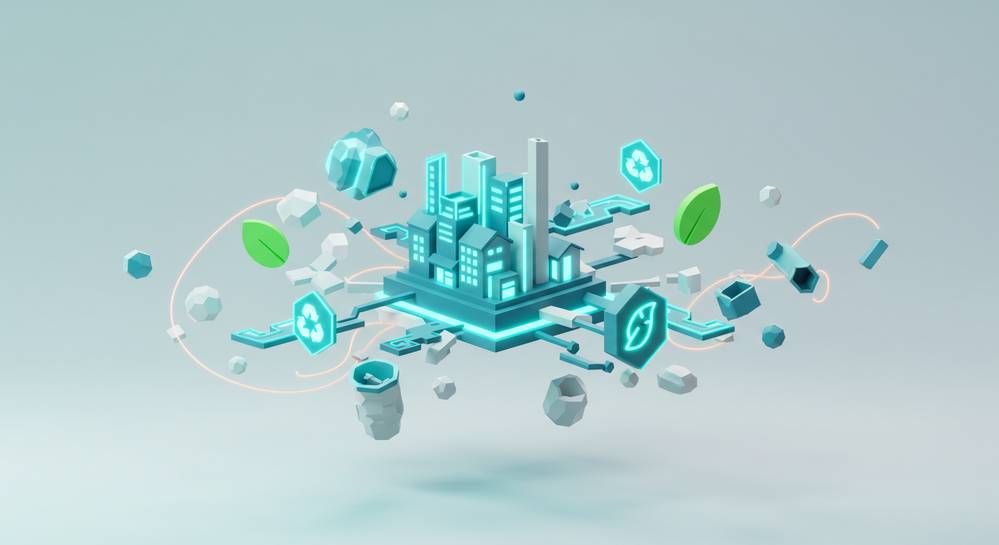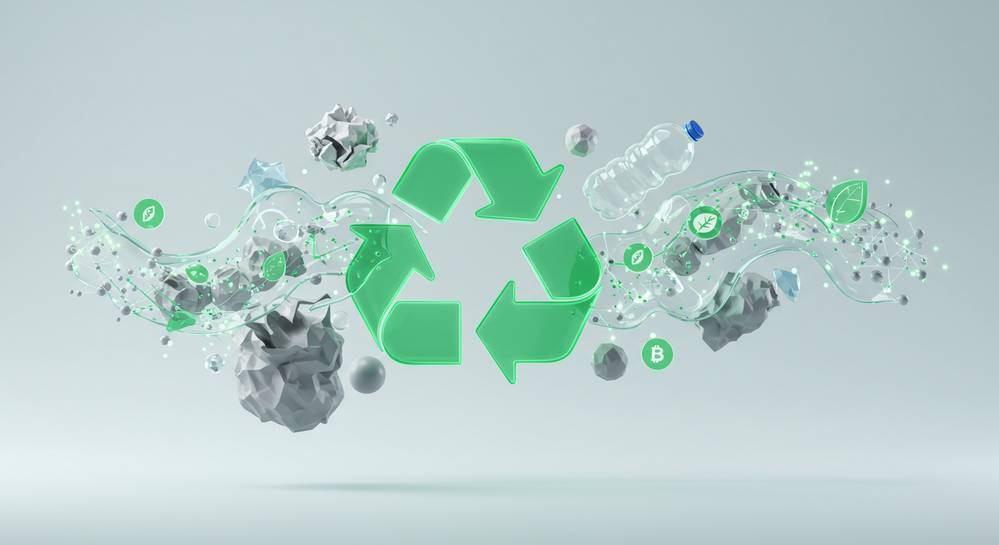The zero waste movement is gaining momentum, moving from a personal philosophy to a global priority. Keeping up with the latest news about zero waste initiatives reveals a landscape of exciting innovation and impactful policy changes. This article explores the key developments shaping a more sustainable future, highlighting how companies, communities, and technology are rising to the challenge of eliminating waste for good.
Understanding the evolution of zero waste
The concept of zero waste has matured significantly beyond individual efforts. Today, the most impactful news about zero waste initiatives highlights a systemic shift. The movement now focuses on redesigning industrial processes and implementing large-scale policies that prevent waste creation. This evolution is driven by the understanding that corporate and governmental responsibility are the primary drivers for meaningful change. The focus is now on the circular economy, where resources are kept in use for as long as possible.
The policy shift from voluntary to mandatory
Recent developments show a clear trend towards legally binding frameworks. Instead of relying on voluntary corporate pledges, governments are enacting Extended Producer Responsibility laws. These policies make manufacturers financially and operationally responsible for their products post-consumption. This requires a deep integration of effective technology and business management to track, collect, and repurpose goods. This legislative pivot, moving from grassroots advocacy to enforceable national standards, is the most critical evolution in the modern zero waste movement.
Corporate leadership in waste reduction

Corporations are increasingly recognizing that sustainability is a core business strategy, not just a public relations move. The latest news about zero waste initiatives reveals a shift from superficial claims to genuine innovation. These efforts focus on visible waste sources like packaging and extend deep into supply chains and product design. This proves that profitability and planetary health can coexist, creating a powerful business case for waste reduction.
Rethinking product packaging and design
Companies are investing heavily in alternatives to single-use plastics. We now see widespread adoption of compostable materials and pilot programs for refillable containers. Some brands even design products that require no packaging at all. Furthermore, tech companies are exploring modular designs. This allows users to upgrade components instead of replacing an entire device, which drastically cuts electronic waste and challenges throwaway culture at its source.
Implementing circular supply chains
Forward-thinking businesses are creating robust take-back programs, encouraging customers to return old products for refurbishment or recycling. To manage this complex loop, companies are improving supply chain transparency. They leverage new systems, including exploring technologies like undefined from source to shelf. This identifies inefficiencies and provides consumers with verifiable data on a product’s environmental impact.
How communities and cities are leading the charge

While corporations hold significant power, some of the most inspiring news about zero waste initiatives comes from the ground up. Cities and local communities are the proving grounds for progressive policies and hands-on projects. They demonstrate that large-scale change is achievable. These local efforts directly impact daily life, fostering a tangible culture of sustainability that national policies often struggle to create. They prove that change can be driven effectively from the bottom up.
- Aggressive municipal plastic bans: Cities worldwide are successfully implementing bans on single-use plastics. These policies target items like bags, straws, and cutlery, forcing a rapid shift in consumer behavior and business operations. Paris, for instance, has led with ambitious goals to eliminate such plastics.
- Scalable community composting: Local governments and non-profits are making it easier for residents to compost food scraps. This diverts tons of organic material from landfills, where it would release methane, a potent greenhouse gas. These programs turn waste into a valuable resource for local gardens and farms.
- The rise of repair cafes: A growing grassroots movement involves volunteers hosting free events to fix broken items. Community members bring everything from electronics to clothing for repair. This directly counters throwaway culture, saves resources, and builds valuable community connections.
Emerging technologies and the future of zero waste

The future of the zero waste movement is intrinsically linked with technological advancement. The latest news about zero waste initiatives is shifting from current practices to what comes next. These emerging trends are not just theoretical, they promise to accelerate our transition to a truly circular economy. Technology is poised to solve some of the most complex challenges in waste management, making zero waste a more achievable goal for everyone.
- Advanced sorting and recycling: Artificial Intelligence and robotics are set to revolutionize recycling facilities. AI-powered robots can identify and sort materials with a speed and accuracy far beyond human capability. This improves the quality of recycled materials and makes the entire process more economically viable.
- Bio-based and smart materials: Scientists are developing new materials that are fully biodegradable or even programmable to break down under specific conditions. Imagine a food package that dissolves in hot water or materials that change color to indicate freshness, thereby reducing food waste at its source.
- Digital platforms for a sharing economy: Technology is enabling a more robust sharing and second-hand economy. Apps and online platforms make it easier than ever to rent, borrow, or buy used goods, from tools to clothing, reducing the need for new production.
The narrative around zero waste is shifting from a niche lifestyle to a global economic and social imperative. The latest developments show a powerful combination of corporate innovation, government policy, and community action driving real change. As technology and awareness continue to grow, the goal of a waste-free world moves closer to reality. For more ideas on creating a sustainable home, visit Efficient Home Goods.